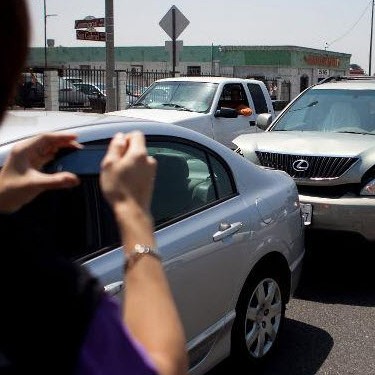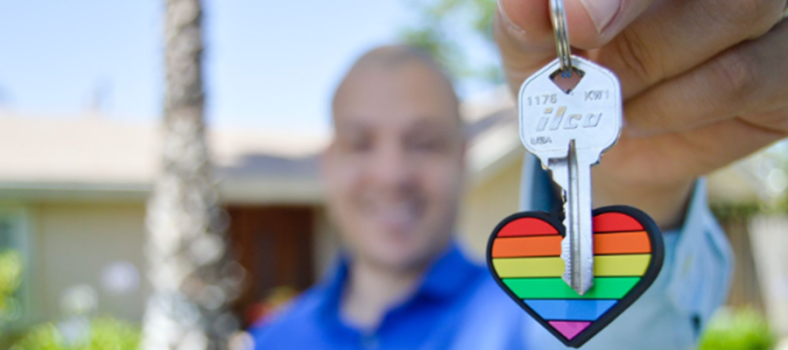Car Crash: dealing with the Crashee
In a car crash where it is clear who was at fault and there are no major injuries, dealing with the other person or people involved is often the most difficult aspect. No matter what your part in the accident was, it is important to remember to be empathetic, courteous and understanding – even though that can seem like the toughest thing in the world when emotions are running high. If you happen to be speaking to the person who was doing everything right when they were suddenly involved in an accident, here’s a few hints to help them through the experience.
Emotional roller coaster
One of the biggest hurdles for a car crash survivor to overcome is the mental angst and anxiety that may come up for them in the days and weeks following the car crash. They may seem less ‘balanced’ than they usually do, and their moods will fluctuate, sometimes in very unpredictable ways. One moment they may be crying and the next they may seem fine. This is quite common as their mind attempts to process the awful events they have experienced. Car crash victims do fall prey to bouts of anxiety or depression, and can also undergo a version of Post Traumatic Stress Disorder (PTSD) if they do not receive the right support following the crash.
Helping them get back to normal
It’s important that the person you are helping deal with the car crash get some rest and return to some semblance of their normal routine as quickly as possible (this goes double for any children who may have been involved in the crash). If they are still recovering from a physical injury as well, this can be difficult. Encourage them to get out a little, even if it’s just to go for a walk or sit in the sunshine for a short time. Keep a close eye on their eating and sleeping habits. If they don’t seem interested in food or are not sleeping too well, encourage them to talk to their doctor. Pointing them towards other sorts of help is also a good way to lighten their burden and help them get back on track with their regular life. Car crash legal specialists like Motor Accident Legal Service can provide another layer of care when it’s needed most.
Preventing phobias
As soon as it seems appropriate, encourage the ‘crashee’ to go for a drive. They may experience a high level of anxiety around getting back into a car so the assistance of a professional counsellor may be required here. It is very important to help them prevent any anxiety around car travel from becoming a phobia and this is best handled by a mental health professional.
Helping someone you know and care about through the aftermath of a car crash can be challenging. Pay attention to what they tell you – and to what they’re not telling you. Keep an eye on their health, including encouraging them to eat well and get plenty of rest. Let them talk over the accident if they need to – and if they don’t feel comfortable discussing it with you, try not to take this personally. Encourage them to talk to with whomever they feel comfortable. They will likely have to repeat their recollection of the incident for authorities in any case.
Do you have any hints or suggestions for the best way to deal with a car crash victim? Share your thoughts and insights in the comments below.






No Comment